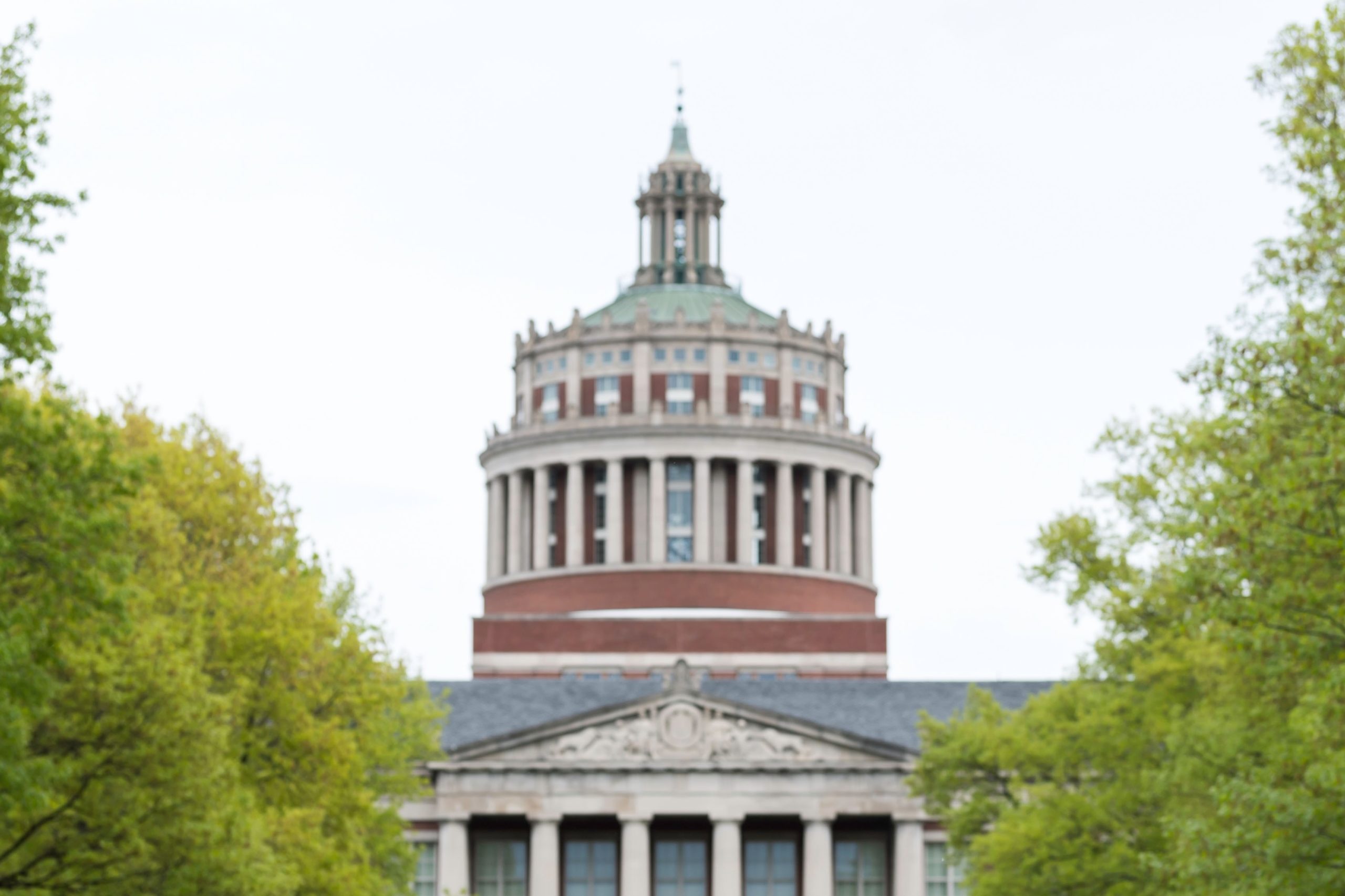Throughout my childhood and into my teenage years in Massachusetts, both my parents and my extended family members who migrated to the United States from Puerto Rico, spoke to me in Spanish. As a result I grew up in two worlds — a world at home influenced by ethnic food, music and traditions, and a world outside the home influenced by the majority English-speaking culture.
It wasn’t until I got older that I understood how helpful and important it is to navigate both worlds. For example, a Spanish-speaking world can include hailing a taxi, ordering food, and asking for directions. This past summer in Geneva I was able to translate between a customer with very limited English and a front-desk employee who spoke no Spanish.
Pivoting between these two worlds is a key part of my job at the University of Rochester. As an admissions counselor I’m responsible for introducing the University to prospective students and their family members. Given my fluency in Spanish I’m asked to do this with college-bound students in Puerto Rico, Dominican Republic, Paraguay, Mexico, Panama, and other Spanish-speaking countries. My bilingualism comes in handy and helps to build trust. That trust is important as you try to convince someone that your university, far away from home, is worthy of their consideration.
Given my role at Rochester, I often speak with high school students about their curriculum choices as they seek to find their way into a highly selective university. For most, junior and senior years present an opportunity for them to stop taking foreign language courses as they meet their high school’s graduation requirement. My advice, however: I am always excited about an applicant’s candidacy when they exceed their school’s foreign language requirement, or for those who decide to learn yet another language those latter years of high school.
These students realize continued language acquisition is important as they attempt to navigate their future career as professionals who are bilingual: the pre-med college student who is majoring in American Sign Language because she desires to speak to her future deaf patients; the business major who understands that they will flourish by being able to communicate with a larger customer base; the international relations major who wants to support the efforts of an NGO; the future engineer who wants to design and construct structures overseas through Engineers Without Borders. We as a university benefit from alumni who have a larger footprint in the world, a goal of any institution of higher education.
Interpersonal relationships are strengthened as a result of being bilingual. I’ve been blessed with having deep and meaningful relationships with family members who live in Puerto Rico, as well as the townspeople of Guánica, where my mother grew up, a place I have frequented for as long as I can remember. Through sustained conversations over time with the citizens of this small oceanside community, I have come to understand their worldview and perspectives, such as their thoughts on politics, and on the current relationship between the island and the mainland, and the role this town played in the Spanish American War. Understanding someone’s native language served as a gateway to a culture other than mine, a superpower of sorts given the connectivity between all of us as global citizens.
I am grateful for the gift that my parents and extended family bestowed upon me by teaching me a second language from a young age. It has allowed me to build bridges between two cultures, my own and the dominant culture I live within. It has opened the way to cross-cultural understanding, among myself, local community members, my family abroad, and the students and family members I seek to serve as an admissions counselor.
Parents, continue to teach your sons and daughters your native language if it is other than English, or to acquire competency in a second language. Educators, I implore you to impart the value of going into this world speaking more than one language. Students, I encourage you to understand the global village we live in by being able to speak with and understand a broader swath of people you encounter. Second language acquisition enriches our lives by building personal and professional bridges between us and others.

